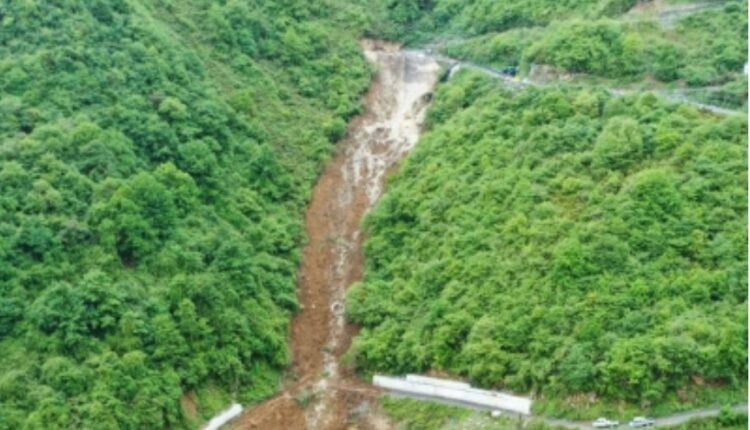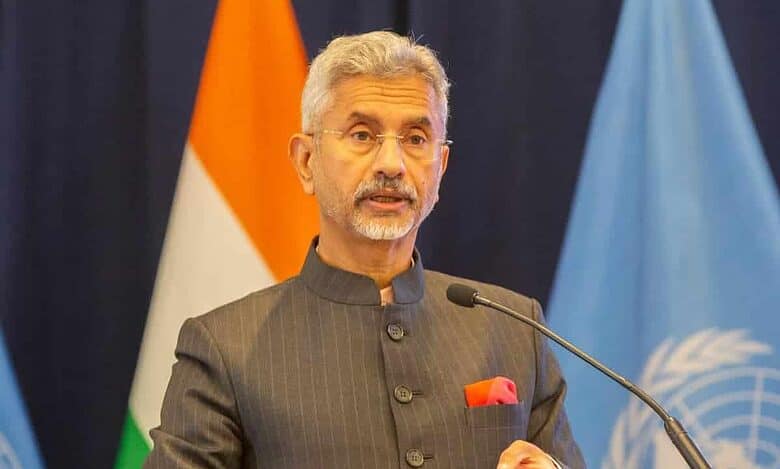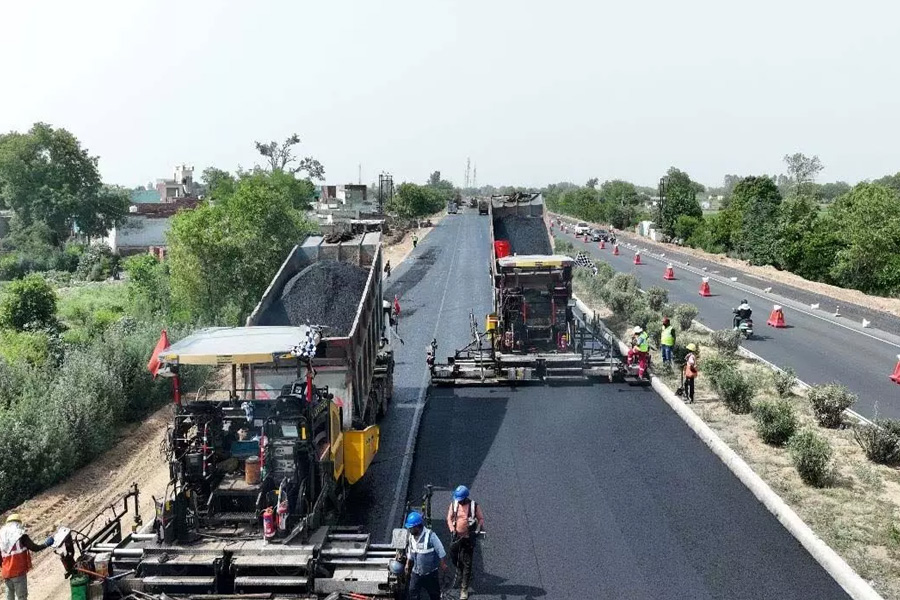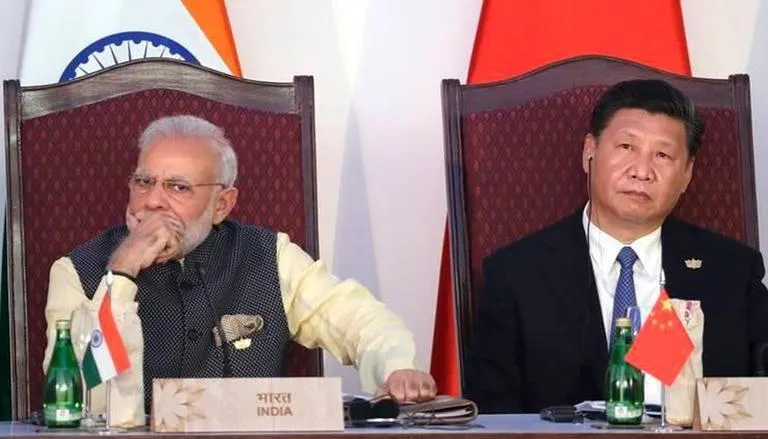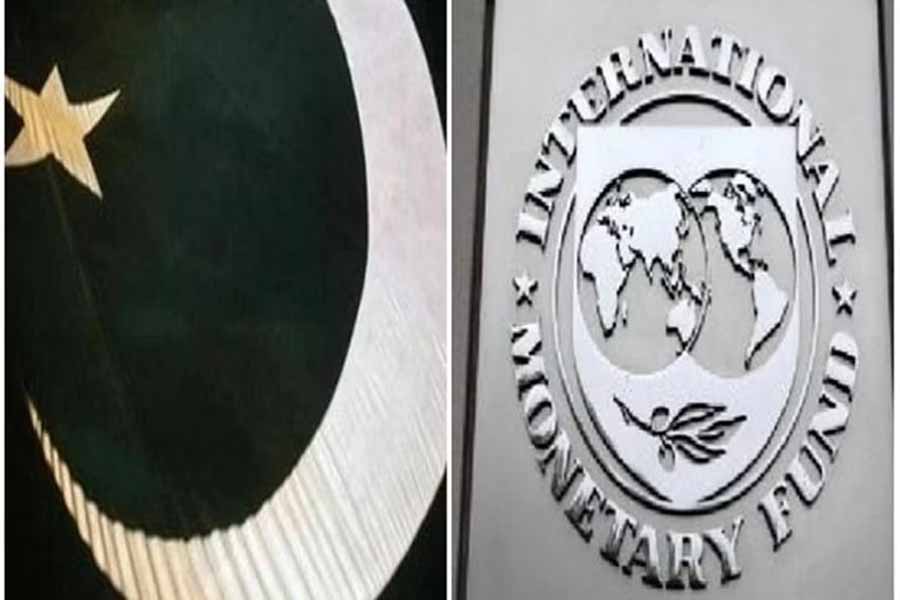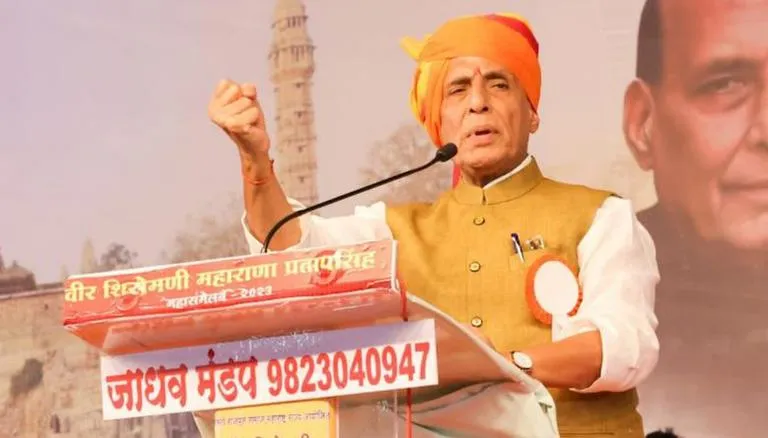BEIJING: China has lodged diplomatic protests to G7 countries over their Hiroshima joint statement, in which they voiced their growing concerns over China’s coercive approaches over Taiwan, East and South China seas, and accused them of brazen interference in its internal affairs.
China figured prominently in the Hiroshima summit meeting of the leaders of G7 countries. The G7 comprising the US, France, the UK, Italy, Germany, Canada and Japan, represent the world’s richest democracies.
The joint statement devoted a substantial portion to China, saying that they would like to build constructive and stable relations with Beijing besides expressing serious concerns over China’s aggressive approaches over Taiwan, East and South China seas.
They stressed the need to cooperate with the world’s second-largest economy but also emphasised countering its “malign practices” and “coercion” in a landmark joint communique Saturday.
The G7 leaders also voiced their concerns about human rights in China, including in Tibet, Hong Kong and Xinjiang, where Beijing is accused of interning thousands of Uygur Muslims in forced labour camps.
“Despite China’s serious concerns, the G7 used issues concerning China to smear and attack China and brazenly interfere in China’s internal affairs,” a spokesperson of the foreign ministry here said in a statement last night.
“China strongly deplores and firmly opposes this and has made serious demarches to the summit’s host Japan and other parties concerned,” the statement. Besides urging China to pressure its close strategic partner Russia to end its war on Ukraine, the G7 nations in the joint statement spoke of their interest to build “constructive and stable relations” with Beijing, “recognising the importance of engaging candidly with and expressing our concerns directly to China.” ”We encourage China to support a comprehensive, just and lasting peace based on territorial integrity and the principles and purposes of the UN Charter,” including in direct talks with Ukraine, the G7 joint statement said.
Cooperation with China is needed given its global role and economic size, it said, and called for working together on challenges such as climate change, biodiversity, debts and financing needs of vulnerable countries, global health concerns and economic stability, it said.
At the same time, the summit of the leaders of seven wealthy democracies expressed “serious concern” about the situation in the East and South China seas, where Beijing has been expanding its military presence and threatening to use force to exert its control over Taiwan, which it claims is part of the Chinese mainland.
The G7 leaders called for a “peaceful resolution” of China’s claim to Taiwan and said there was “no legal basis for China’s expansive maritime claims in the South China Sea and we oppose China’s militarisation activities in the region.” “A growing China that plays by international rules would be of global interest,” the statement said, alluding to charges that Beijing is undermining the “rules-based international order.” In its statement, the Chinese foreign ministry late Saturday took exception to references to Taiwan saying that G7 leaders are hyping up China-related issues and harped on the ‘One China’ policy in relation to Taiwan.
“Resolving the Taiwan question is a matter for the Chinese, a matter that must be resolved by the Chinese,” the Chinese spokesperson’s statement said.
“The one-China principle is the solid anchor for peace and stability in the Taiwan Strait. The G7 keeps emphasising cross-Strait peace, and yet says nothing about the need to oppose “Taiwan independence”. This in effect constitutes connivance and support for “Taiwan independence” forces, and will only result in having a serious impact on cross-Strait peace and stability,” it said.
“No one should underestimate the determination, resolve and capability of the Chinese people in safeguarding China’s sovereignty and territorial integrity,” it said.
It also said the “affairs related to Hong Kong, Xinjiang and Tibet are purely China’s internal affairs. China firmly opposes interference by any external force in those affairs under the pretext of human rights”.
“The G7 needs to stop pointing fingers at China on Hong Kong, Xinjiang and Tibet and take a hard look at their own history and human rights record,” it said. On the East and South China seas, the statement claimed that “China is a firm defender of and contributor to international maritime rule of law”.
While the East China Sea dispute concerns China and Japan, the South China Sea dispute involved the Philippines, Vietnam, Malaysia, Brunei and Taiwan. Beijing claims most of the area.
The G7 leaders asked China to abide by the July 12, 2016 verdict of the UNCLOS (United Nations Convention on the Law of the Sea).
“We emphasise the universal and unified character of the UNCLOS and reaffirm UNCLOS’s important role in setting out the legal framework that governs all activities in the oceans and the seas,” the joint statement said.
”We reiterate that the award rendered by the Arbitral Tribunal on July 12, 2016, is a significant milestone, which is legally binding upon the parties to those proceedings, and a useful basis for peacefully resolving disputes between the parties,” the G7 statement said.
Rebutting the G7 leaders’ calls, the Chinese statement said: “The East China Sea and the South China Sea have remained overall stable. Relevant countries need to respect regional countries’ efforts to uphold peace and stability and stop using maritime issues to drive a wedge between regional countries and incite bloc confrontation”.
As for “economic coercion”, the massive unilateral sanctions and acts of “decoupling” and disrupting industrial and supply chains make the US the real coercer that politicises and weaponises economic and trade relations. We urge the G7 not to become an accomplice in economic coercion,” it said.
On the nuclear weapons issue, the statement said “China is firmly committed to a defensive nuclear strategy. We have honoured our pledge to “no first use” of nuclear weapons and always kept our nuclear capabilities at the minimum level required by national security,” it said.
Expressing China’s commitment to uphold the UN-centered international system, it said “China will never accept the so-called rules imposed by the few”.
“The international community does not and will not accept the G7-dominated Western rules that seek to divide the world based on ideologies and values, still less will it succumb to the rules of exclusive small blocs designed to serve “America-first” and the vested interests of the few. The G7 needs to reflect on its behaviour and change course,” the statement said.
“Let me make it clear that gone are the days when a handful of Western countries can just willfully meddle in other countries’ internal affairs and manipulate global affairs,” the Chinese foreign ministry spokesperson said.
”We urge G7 members to catch up with the trend of the times, focus on addressing the various issues they have at home, stop ganging up to form exclusive blocs, stop containing and bludgeoning other countries, stop creating and stoking bloc confrontation and get back to the right path of dialogue and cooperation,” the spokesperson added.

